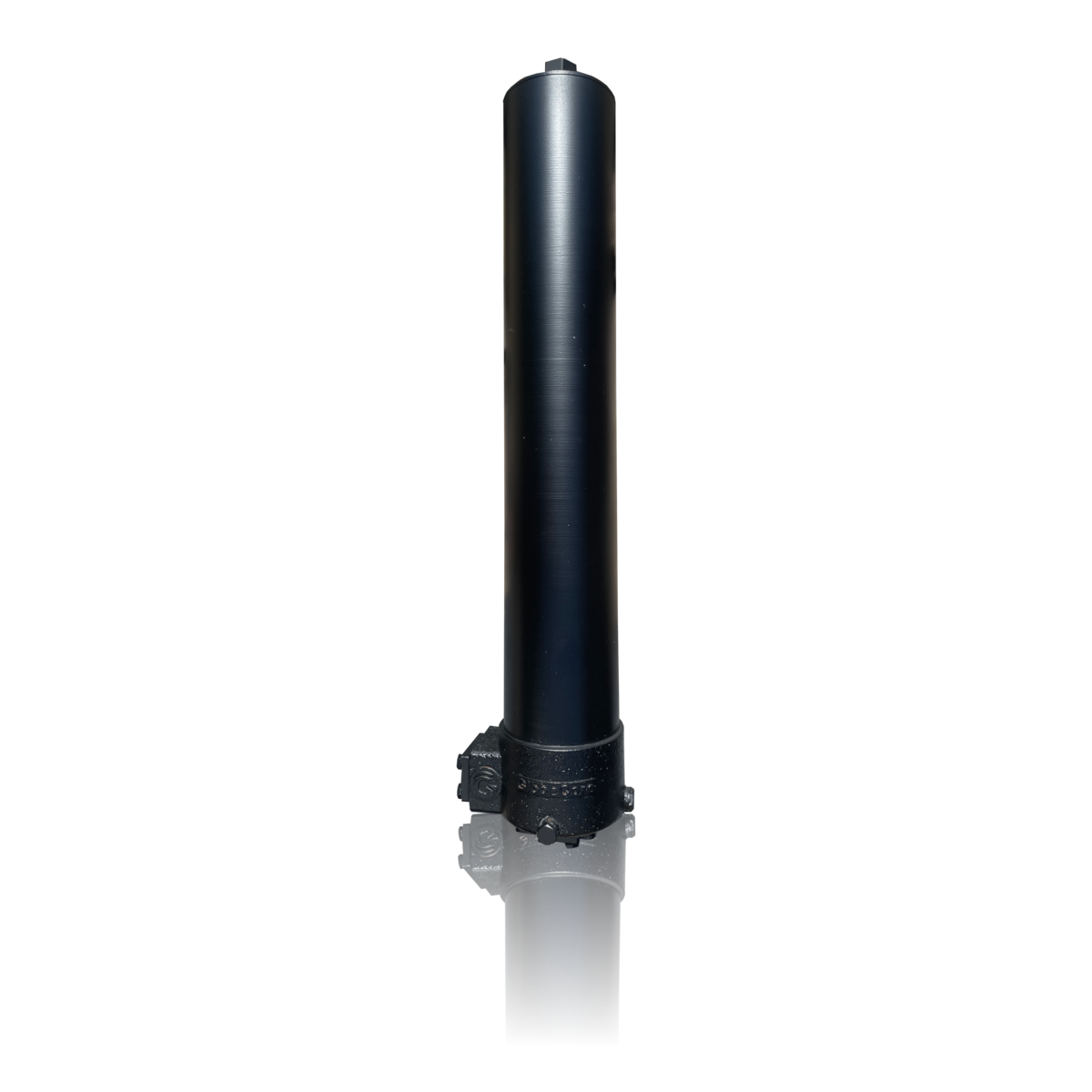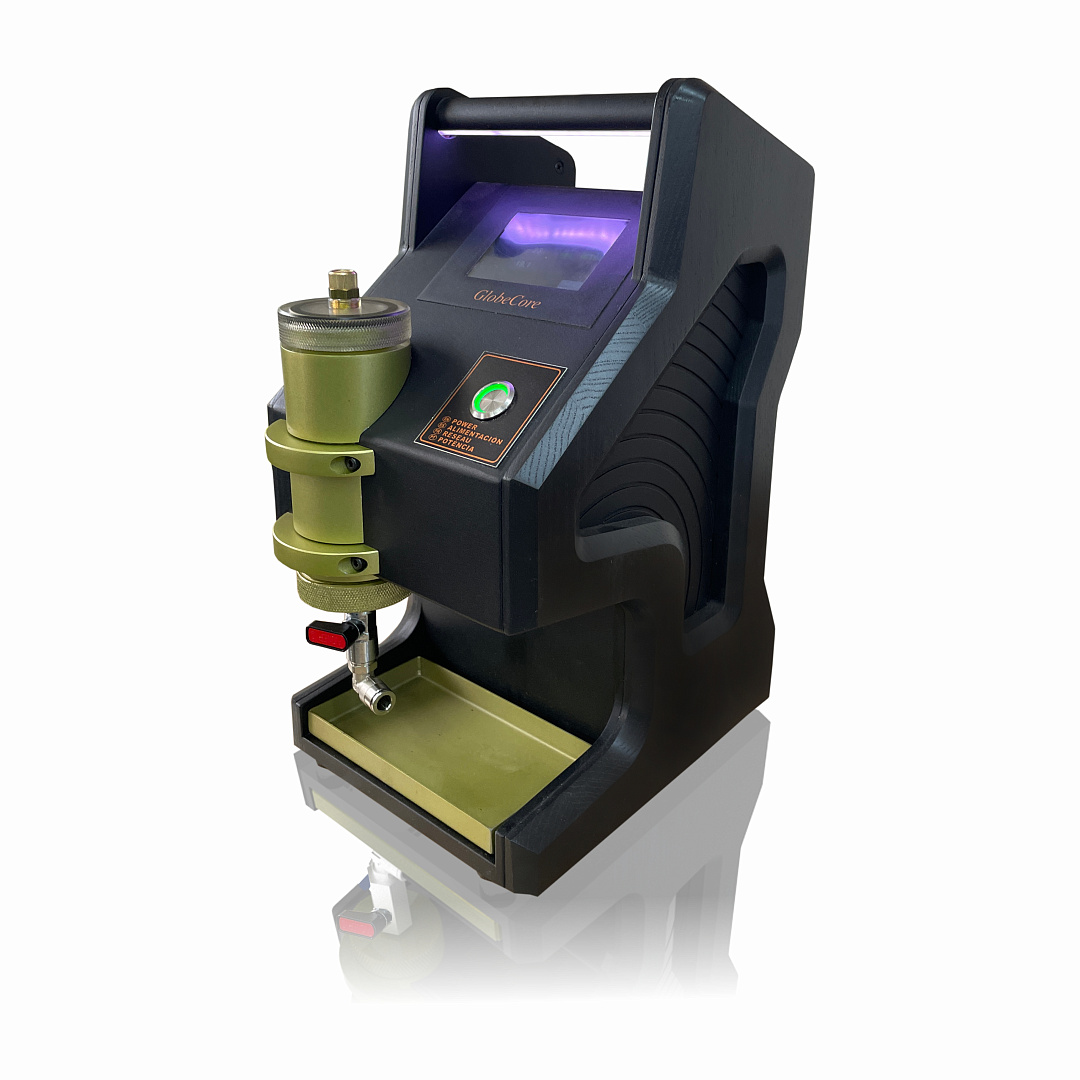What are the main Diesel Purifier Components and their functions?
- This topic has 1 reply, 2 voices, and was last updated 9 months, 2 weeks ago by .
Answers
-
October 5, 2024 at 1:08 am by Pasquale Scarponi
The main Diesel Purifier Components include filters, pumps, valves, control units, monitoring sensors, and separators. Filters are essential for trapping particulates, water, and chemical contaminants, ensuring clean fuel delivery to the engine. These can include mechanical filters, magnetic separators, and coalescing filters, each targeting specific types of impurities. Pumps circulate diesel fuel through the purifier, maintaining consistent flow and pressure to facilitate effective filtration. Valves regulate the flow of fuel, allowing for adjustments, isolation during maintenance, and preventing backflow. Control Units manage the overall operation of the purifier, automating settings such as flow rate, temperature, and pressure to optimize purification efficiency. Monitoring Sensors track fuel quality parameters like contamination levels, pressure drops, and flow rates, providing real-time data for system adjustments and maintenance alerts. Separators, such as centrifugal or vacuum separators, are used to remove water and heavier contaminants by exploiting density differences. Additionally, coolers may be included to maintain optimal fuel temperature, enhancing filtration performance. These components work together to ensure comprehensive purification, protecting diesel engines from harmful contaminants and maintaining fuel quality.



